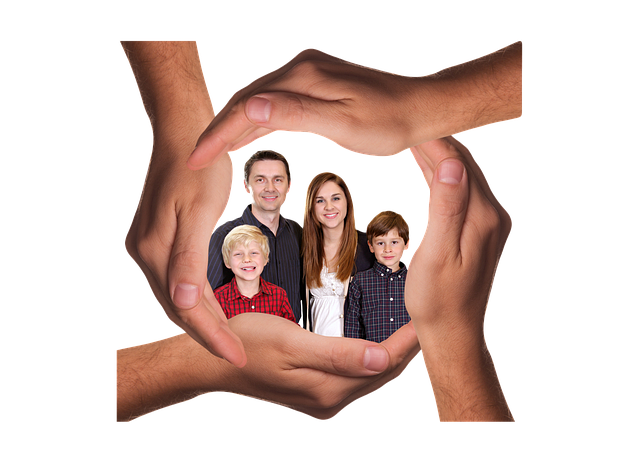Early recognition of problem gambling is crucial for providing assistance. Behavioral changes, mood shifts, and neglect of responsibilities are indicators, but professional help from counselors or support groups is essential for accurate assessment and effective strategies. Supporting a loved one's recovery involves patience, understanding, open communication, and educating oneself about addiction. Promoting responsible gambling practices through education, setting limits, and framing gaming as entertainment helps individuals regain control and fosters healthier relationships with gaming.
Helping a problem gambler is a crucial step towards fostering healthier relationships and communities. This comprehensive guide delves into the key aspects of supporting those battling gambling addiction, focusing on early recognition and promoting responsible gambling practices. By understanding the signs, we can offer meaningful support to loved ones undergoing recovery. Learn practical strategies to navigate this challenging issue and encourage sustainable, responsible gambling habits for long-term well-being.
- Recognizing Signs of Problem Gambling
- Supporting a Loved One Through Recovery
- Promoting Responsible Gambling Practices
Recognizing Signs of Problem Gambling

Recognizing the signs of problem gambling is a crucial step in offering help and support to those affected. It’s important to note that responsible gambling should be at the core of any gaming activity, ensuring it remains an enjoyable pastime and not a source of harm. However, when gambling becomes uncontrolled, it can lead to significant personal, financial, and social issues.
Look out for behavioral changes such as increased gambling frequency, lying about gambling habits, borrowing money to cover losses, or even stealing to fund their addiction. Those struggling with problem gambling may also exhibit signs of depression, anxiety, or irritability, and they might neglect personal responsibilities and relationships. It’s essential to remember that these are just potential indicators, and seeking professional help from counselors or support groups is vital for accurate assessment and effective strategies to overcome the issue.
Supporting a Loved One Through Recovery

Supporting a loved one through recovery from problematic gambling is a crucial step in fostering responsible gambling habits and promoting healing. It requires patience, understanding, and a willingness to be there for them throughout their journey. Education is key; learn about the disease of addiction, its triggers, and the unique challenges faced during recovery. This knowledge will help you provide appropriate support without enabling harmful behaviors.
Encourage open communication by creating a safe, non-judgmental space for your loved one to share their experiences. Offer emotional support, but also reinforce the importance of seeking professional help from therapists or support groups specialized in gambling addiction. Remember, recovery is a process, and setbacks may occur. Consistent encouragement and reassurance can make a significant difference in their path towards responsible gambling and improved well-being.
Promoting Responsible Gambling Practices

Promoting responsible gambling practices is a vital step in helping a problem gambler regain control of their life. It involves educating individuals about the potential risks and rewards associated with gaming, encouraging balanced play, and setting clear limits. By fostering an environment where gambling is seen as an entertainment rather than a means to escape or cope with emotional issues, we can reduce the likelihood of problematic gambling behaviors.
Responsible gambling also includes providing easy access to support services and resources for those who may be struggling. This can involve encouraging open conversations about gambling habits, helping individuals identify signs of addiction, and offering guidance on setting and adhering to budget limits. Ultimately, empowering individuals with knowledge and tools to make informed decisions about their gambling practices is key to fostering a healthier relationship with gaming.
Problem gambling can have devastating effects on individuals and their loved ones, but with recognition, support, and promotion of responsible gambling practices, we can make a significant difference. By understanding the signs, offering unwavering support during recovery, and advocating for healthier gaming habits, we contribute to creating a more balanced and safe environment for all. Let’s embrace our role in fostering responsible gambling and helping those struggling with addiction find their path to healing.






